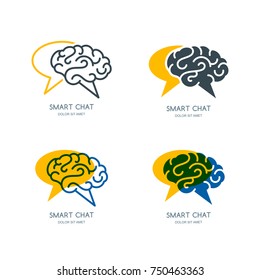The Science Behind Peer Support in Grief Recovery
Extensive psychological research demonstrates that peer support plays a critical role in healthy grief processing and recovery. When individuals connect with others who have experienced similar losses, they benefit from what researchers call "experiential knowledge" – the deep understanding that comes only from having walked a similar path.
Studies published in the Journal of Clinical Psychology show that individuals who participate in peer support groups experience significantly reduced symptoms of complicated grief, depression, and anxiety compared to those who rely solely on individual therapy or no support at all. The validation that comes from shared experiences helps normalize the grief process and reduces the isolation that often compounds emotional pain.
Furthermore, neuroscientific research reveals that meaningful social connections activate the brain's reward centers and release oxytocin, often called the "bonding hormone," which naturally reduces stress hormones like cortisol. This biological response explains why connecting with understanding peers can provide immediate emotional relief and contribute to long-term healing.



